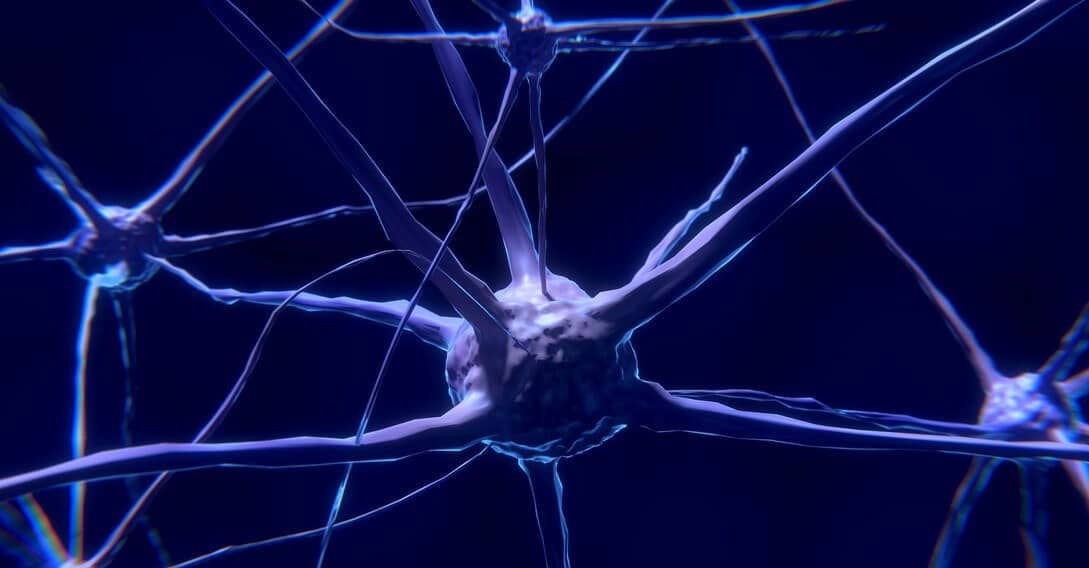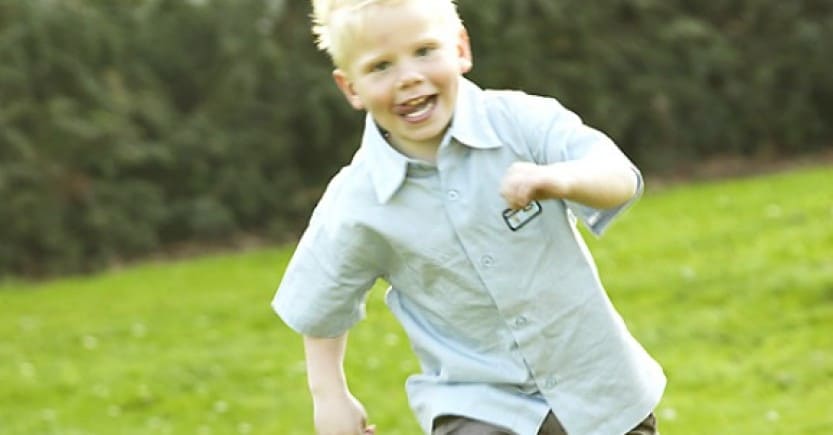Learning Disorders Overview
Everyone wants their child or student to perform well. We want them to excel, to have high self-esteem, and to enjoy a solid career. But sometimes children have physical or mental challenges that make academic performance difficult.
Children are often branded as poor students, weak readers, slow learners, and underachievers among other common terms. These tend to be labels that stick with a child over the years, as if they offer an explanation for why the child is having trouble. Rarely do people explore why a student is falling behind or not performing in class so they can get to the bottom of the issue and correct the problem.
Whether the learning problem is related to reading, math, oral expression, or written language, much can usually be done to improve performance. When a child is having trouble with academics, it is important to explore possible allergies, nutritional imbalances, diet, sensory issues, and other physical and environmental factors to discover what may be playing a motivation and performance. Once identified, it is easier to correct the problem.
Approaches such as neurofeedback, Irlen glasses for scotopic sensitivity, homeopathy, special learning approaches, and sensory motor integration have proven beneficial for many families in addition to dietary and nutritional support.
Related articles are shown below. If you don’t find what you’re looking for, you can search using the box at the upper right of the page or browse our forums.
Jeff Strong Director, REI Institute An Intervention for Autism and other Pervasive Developmental Disorders Rhythmic Entrainment Intervention (REI) is a music therapy program utilizing recorded hand drumming rhythms to stimulate the central nervous system and improve […]
Majid Ali, MD An interview with the popular author Dr. Majid Ali. Select text was reprinted in Natural Treatments for Tics and Tourettes. You know that in Latitudes we are looking at autism, Tourette syndrome, […]
Stella Waterhouse, author of A Positive Approach to Autism, wrote this article for ACN Latitudes. Sensory problems affect people from all walks of life, yet they usually receive little attention. They are found to varying degrees […]
Majid Ali, MD A simple model is presented for understanding the spectrum of Attention Deficit Disorder/Hyperactivity, learning disability, obsessive-compulsive disorder, autism, and Tourette syndrome. In this model, the focus is on developmental and acquired problems […]
Linda Weltner wrote this article for the Boston Globe. I was sitting at a coffee shop with friends, all of us grandmothers. We were talking about our amazing grandkids but contrary to what you might […]
Melvin Kaplan, OD Director, Center for Visual Management In the twentieth century, more than ever before, large numbers of people have been traumatized by eyestrain. Eyestrain is often overlooked as a causative factor for many […]
This case report and review of psychoeducational records was completed by ACN Latitudes director, Sheila Rogers, a nationally certified school psychologist. Penny Dunker’s high school guidance department nominated the senior for a feature article in […]
Ricki Linksman, MS Our advisory board member, Ricki Linksman, answered questions from our readers. On the Interactive Metronome I have a teen who has experienced lots of side-effects from too many neurological drugs. He is […]








